News & Events
Vasomotor Rhinitis: Symptoms, Causes & Treatment
- February 26, 2021
- Posted by: maile
- Category: Sober living
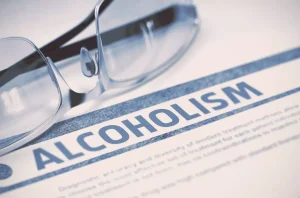
Indeed, inhaled ethanol attenuated methacholine-induced bronchospasm in these asthmatics (Myou et al., 1996). This is likely due to the inability of the airway epithelium to significantly metabolize ethanol into acetaldehyde. This study is consistent with the hypothesis that alcohol, in the absence of acetaldehyde or congeners, does not trigger asthma even in susceptible individuals with impaired ALDH2 function. This hypothesis is further supported by an animal study that determined that aerosolized acetaldehyde but not ethanol induced histamine-mediated bronchoconstriction in guinea pigs (Myou et al., 1994). Later more elegant in vivo studies in mice and kittens by Laurenzi demonstrated profound effects caused by injections of intraperitoneal (IP) alcohol on mucociliary clearance (Laurenzi and Guarneri, 1966).
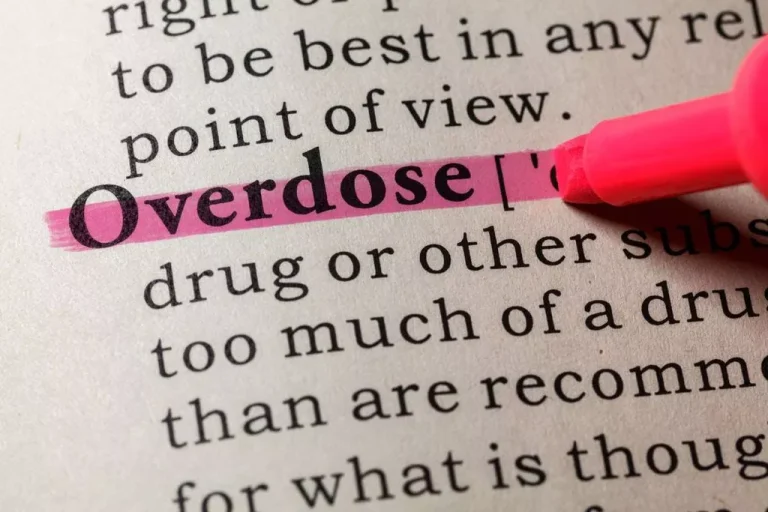
Why Alcohol Causes Sinus Congestion
- There are several types that you can buy at pharmacies, or get on prescription.
- The authors asserted that these findings suggest that alcohol per se impairs lung function.
- This transient alcohol stimulation effect on cilia was recapitulated in vivo in alcohol-fed rats (Wyatt et al., 2004).
- Older types such as chlorphenamine are also available, but cause drowsiness.
You should never ignore the symptoms of an allergic reaction. If left untreated, an allergic reaction can quickly become worse. For many sneezing after drinking alcohol people, wine is the drink that causes them to sneeze. This is likely because wine contains histamines, which trigger allergies. If you’re allergic to wine, you may notice that you sneeze more after drinking it.
What are the symptoms of an alcohol allergy?
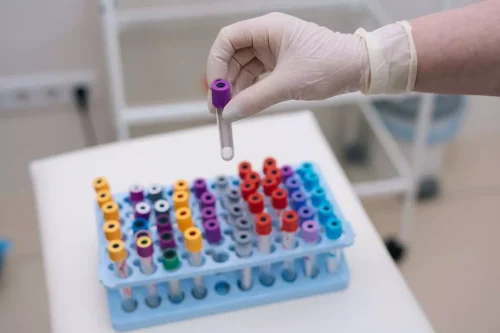
The first is that alcohol contains compounds that act as allergens. The most common of these compounds are sulfites, which are typically highest in beer, brown liquor, and cider. Red wine tends to have higher levels of histamine than white wine or beer.
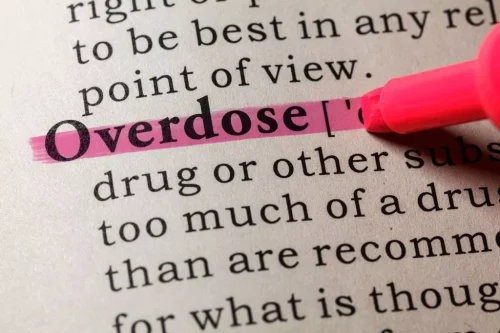
Blood tests
Even if people don’t consume enough alcohol to cause a hangover, they can still get a headache from drinking. Rarely, vasomotor rhinitis causes a foul-smelling crust to form inside your nose. The interior nasal tissues may bleed when you attempt to remove the crust. Nonallergic rhinitis may also result from using nonprescription drugs, like cocaine.
Having a mild intolerance to alcohol or something else in alcoholic beverages might not require a trip to a doctor. Simply avoid alcohol, limit how much you drink or avoid certain types of alcoholic beverages. One older study in people with asthma found that over 40 percent of participants said that drinking alcohol prompted allergy or allergy-like symptoms. However, some people develop allergy-like symptoms, such as an itchy throat and nasal congestion, in response to the sulfites in wine. If you are pregnant or breast-feeding, it is advised to try to avoid antihistamines if possible.
In either case, the result is less acetaldehyde being broken down into acetate. However, for people who are reacting to other ingredients in wine, tracking what they drink and their reactions may make it possible for them to enjoy some alcoholic beverages in moderation. If you have a wine allergy, you may experience symptoms such as a rash, nasal congestion, wheezing, or a tingling sensation around your mouth and throat. In some cases, reactions can be very severe, leading to anaphylaxis.
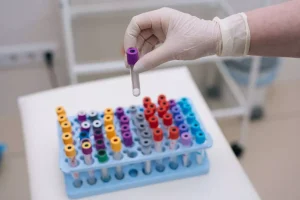
If your body doesn’t produce enough active DAO, you may react to histamine in foods and beverages. Applying a cold compress to your nose will help to soothe the mucous membranes in your nose and reduce inflammation. Drinking plenty of fluids will help to thin out the mucus in your nose and make it less likely to trigger a sneeze. Rinsing your nose with salt water or a saline solution will help to soothe the mucous membranes in your nose and reduce inflammation. When we think about alcohol tolerance, we often think of the number of drinks a person can handle before getting giggly or slurring words.
